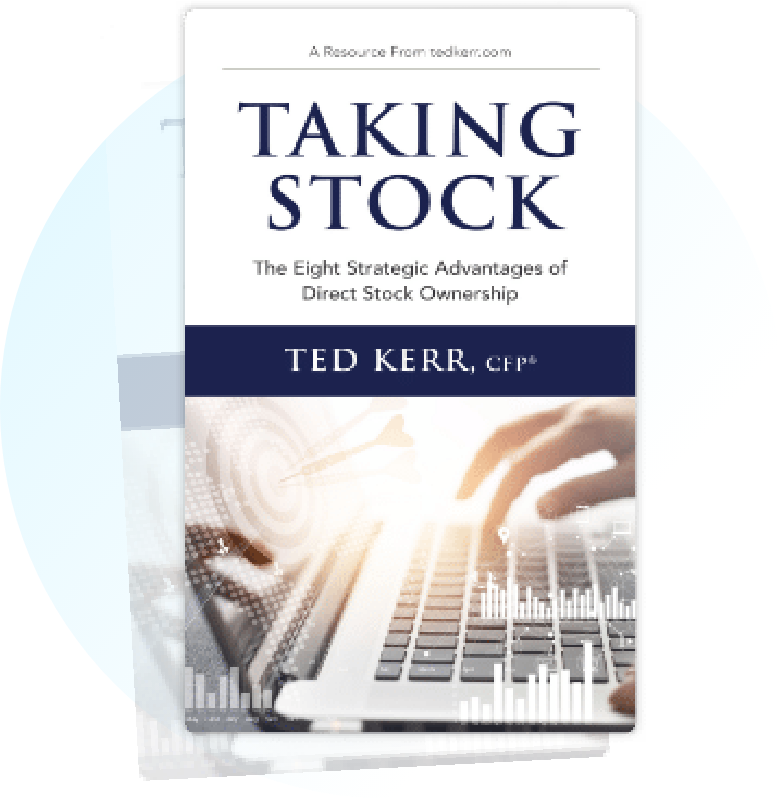
Bringing
calm and confidence
to investors.





Record Investment Nets Unexpected Returns and New Investment Approach
Let’s face it, your opinion of Aflac, Inc. (NYSE:AFL) is not much different than everyone else, including Wall Street analysts. It is a boring, old insurance company, especially when compared to attention-grabbing stocks like Amazon, Google, Tesla, and the like. You probably know them best for their duck mascot, not for their financial results. So, you would be in good company if you didn’t think much of their stock. The sixty three-year old Atlanta-based insurer was no one’s pick to be a top performing stock in June 2015. But I saw something in this company that transformed a boring idea into great returns and a powerful new investment approach for my investors.

Investors: Get professional insight on important investment topics. Subscribe to the Ted Kerr blog.



Testimonials
“Ted is the consummate professional. He is always well prepared, informed and very intentional in his approach and delivery. I find him to be a strong communicator who strives to ensure understanding while exercising thoughtfulness and care for those he is communicating with.”
P – Phil H.
“Ted’s intelligence lies in his ability to take the knowledge he has accumulated, put into a practical application and perhaps more importantly educate those of us less familiar with the investment world. He has the rare capacity to take a complex concept and explain it in a clear understandable way. This demonstrates not only a degree of humility and respect for self and others, but genuine intelligence.”
C – Chris M.
“Ted is a very caring person who is interested in other people and their story. Not only is he interested, he is willing to help. We have experienced this firsthand in numerous situations. He always offers his time and finds the necessary resources.”
D – Diane M.
“Ted’s expertise in financial decisions made on our behalf are not challenged. Our entire financial portfolio is entrusted to his care. If he made an egregious mistake, we could be penniless and our life’s work and savings could vanish.”
J – Jim M.
These testimonial statements were provided in November and December 2023, by clients of Touchstone Capital, Inc. These statements may not be representative of the experience of others and is not a guarantee of future performance or success.
For additional reviews, search us wherever local businesses are reviewed. No compensation was provided to these clients for making these statements.
Are you a Financial Advisor?
Learn How to Double your Production or Work Half as Much in 90 Days
Investor Insights


How Taxes Can Destroy Investment Returns
For at least the last decade, the spotlight has been glaring down on investment management fees and the impact they can ...

Does the Fear of Missing Out Control Your Investment Decisions?
You’ve probably watched this scene play out before. Two friends talking at a backyard barbecue, and one excitedly mentio...
Get In Touch
If you’d like to contact us, fill out the form below or send us an email at ted @ tedkerr.com Replies will be processed within one (1) business day.
